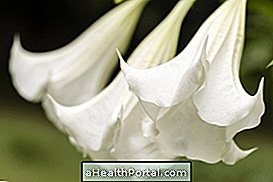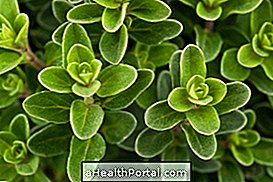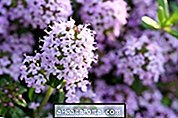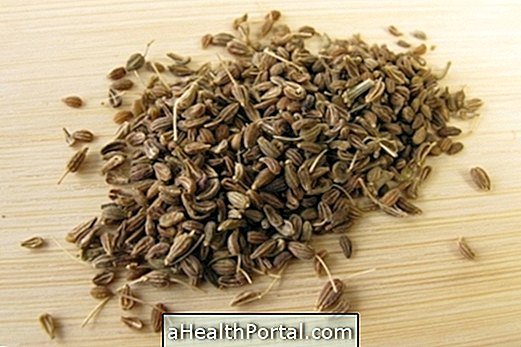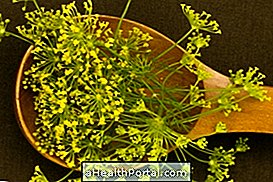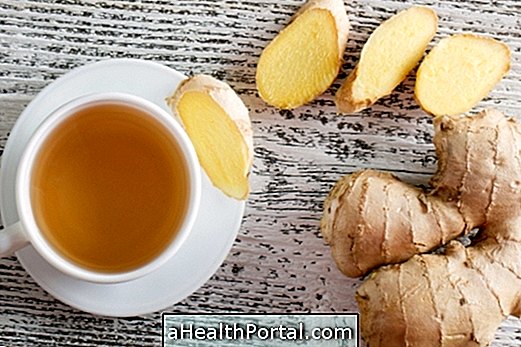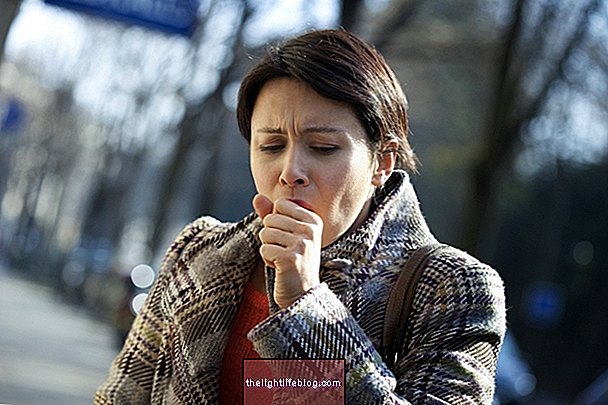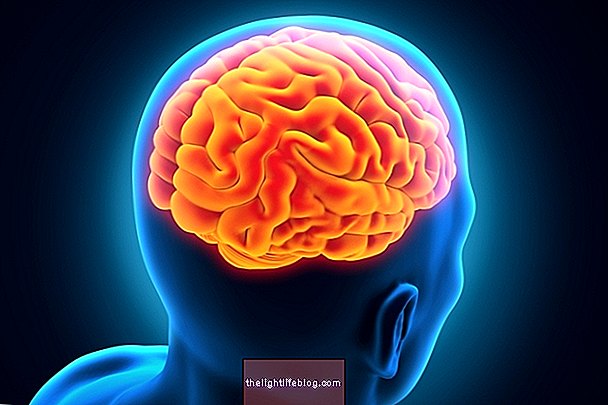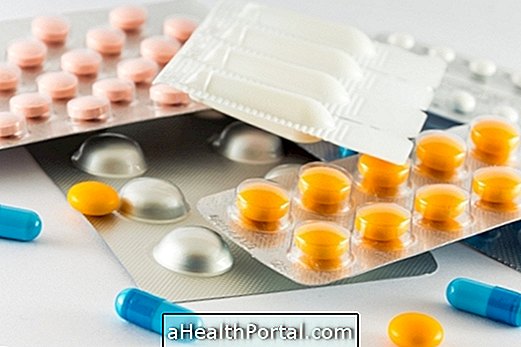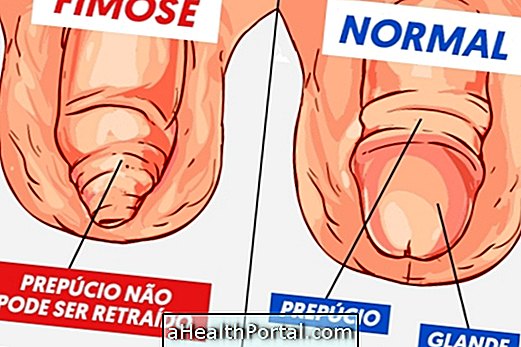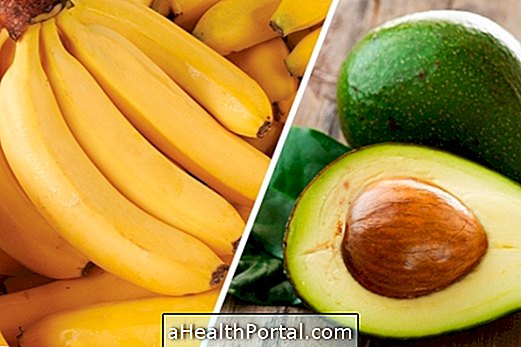Ibogaine is the active principle present in the root of an African plant called Iboga, which can be used to detoxify the body and mind, aiding in the treatment of drug use, but produces great hallucinations, and is used in spiritual rituals in Africa and Central America.
Iboga is a shrub that can be found in some countries like Cameroon, Gabon, Congo, Angola and Equatorial Guinea. However, its sale is prohibited in Brazil, but Anvisa authorizes its purchase after proof of prescription, medical report and term of responsibility signed by doctor and patient, so the treatment against drugs performed in private clinics may use ibogaine as a form of treatment, in a legal manner.
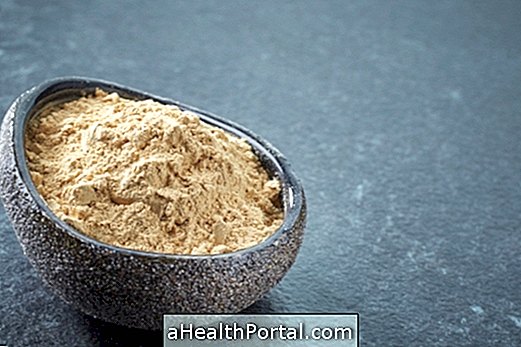
What is Ibogaine for?
Although still lacking scientific evidence, ibogaine may be indicated for:
- Help reduce drug dependence symptoms such as crack, cocaine, heroin, morphine and others, and it completely eliminates the will to use drugs;
- In African countries this plant can also be used in case of fatigue, fever, fatigue, stomach pain, diarrhea, liver problems, sexual impotence and against AIDS.
However, many of the applications of this plant have not yet been scientifically proven, and require further studies that can prove its effectiveness and safety dose.
Effects of Ibogaine on the body
Like mushrooms and ayahuasca, ibogaine belongs to the hallucinogenic family. According to reports when eating the Iboga plant or taking its tea, following its instructions for use, there may be a purification of the body and mind, plus a hallucinogenic alteration, and the person may think that it is leaving his body.
Its consumption provokes visions and it is believed that it is possible to meet with spirits, but it can also trigger serious psychiatric conditions, induces the coma, and can cause death.
Know the types, effects, and consequences of drugs for health.
Why Ibogaine is banned in Brazil
Ibogaine and the plant itself called Iboga can not be sold in Brazil and several other countries because there is no scientific evidence of its efficacy and safety in humans. In addition, the plant is toxic, has a great hallucinogenic effect and can lead to psychiatric diseases because it acts directly on the central nervous system, more specifically in the regions that control the body's balance, memory and consciousness, and its consequences and adverse effects are still not fully known.
There are studies that indicate that a 4-day treatment with Iboga tea was sufficient to eliminate chemical dependence, however it has already been proven that high doses can cause unpleasant side effects such as fever, rapid heartbeat and death. Thus, further studies are needed to demonstrate the benefit, the way of acting and the safe dose for Iboga to be used for medical purposes, including for use in the treatment of chemical dependence due to the use of illicit drugs. Find out how treatment is done to get rid of drugs.
